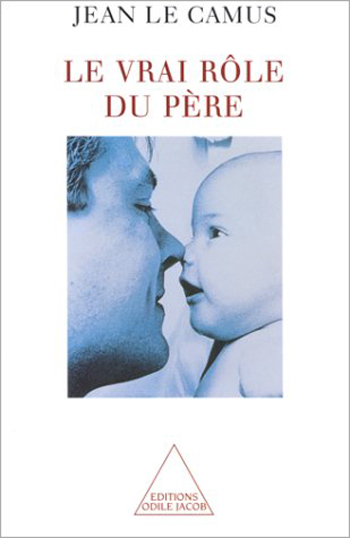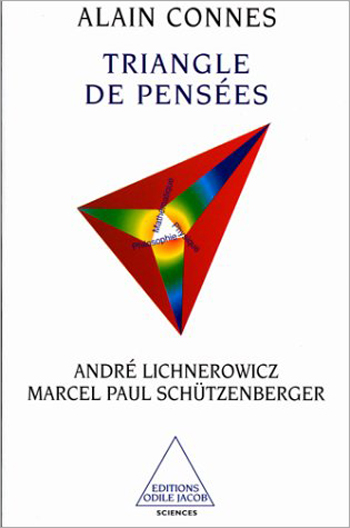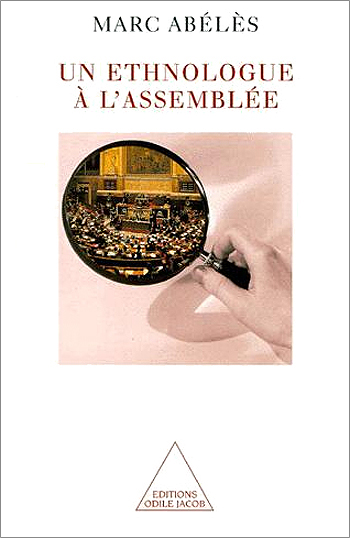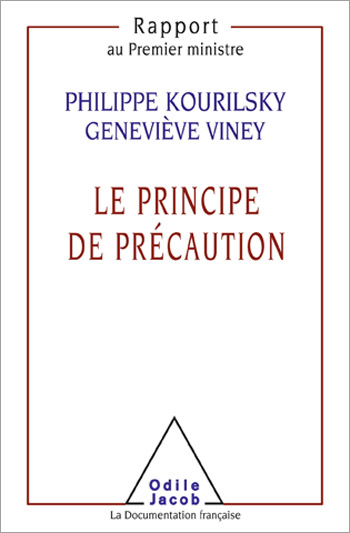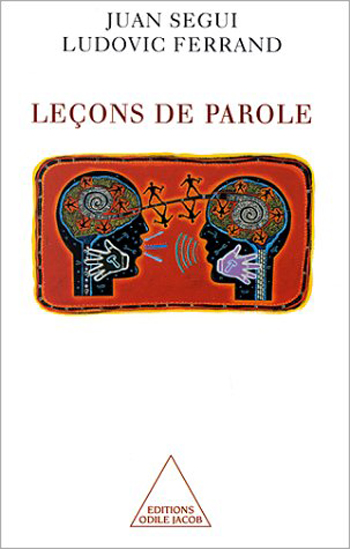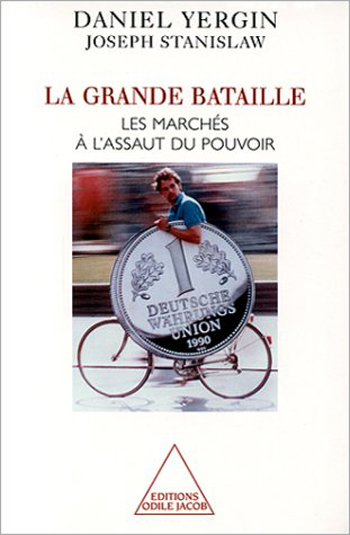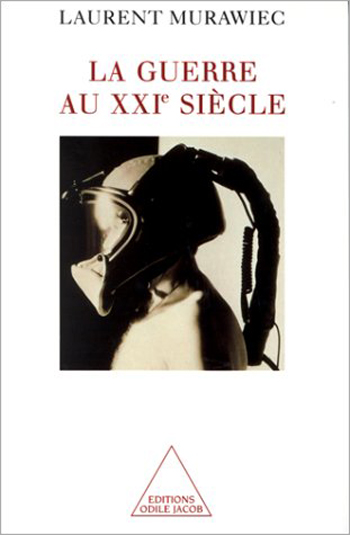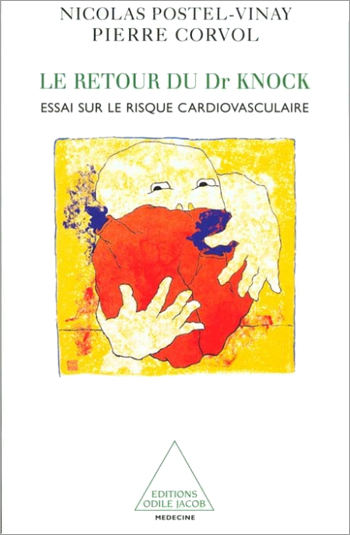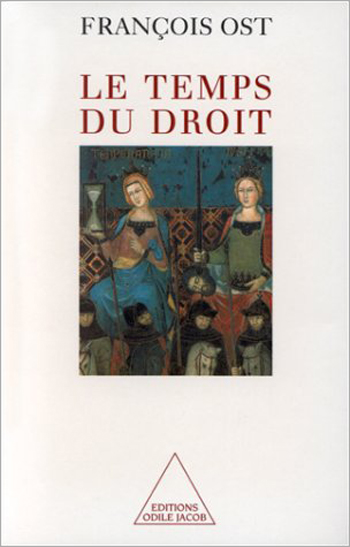Catalog All books
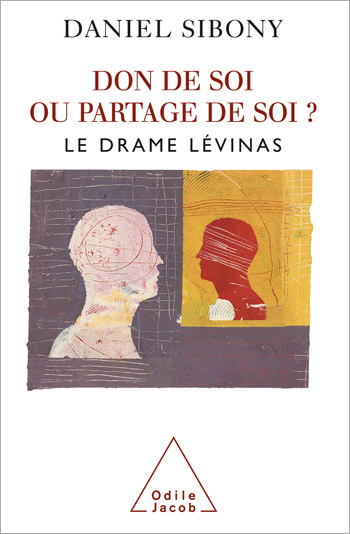
Daniel Sibony
Giving Yourself or Sharing Yourself ?
How can one be oneself without denying others? How can one consider others without negating oneself? How can one avoid the two extremes of complete selfishness and total self-sacrifice ? What if the ethics of the other, of responsibility for others which can lead us to risk our lives for others resulted not only in a dead-end (inefficient action, lack of action, justification of past actions) but also kept us from knowing ourselves and, consequently, others and the true nature of our relations with them? Daniel Sibony was trained as a philosopher and is a practising psychoanalyst.
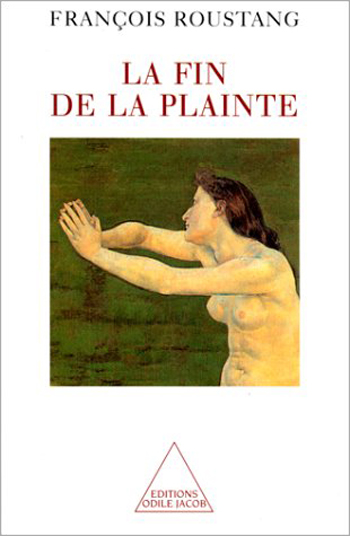
François Roustang
The End of Complaining
What is the most common reason for going to a therapist? Most patients say it is wanting to change. By the same token, they complain about their present lives. According to François Roustang, all forms of complaining must be dropped; patients must forget their precious egos which serve only to nurture more complaining and whining. Once patients have let go of these trappings, they will be able to remould their lives. This book offers a powerful criticism of traditional therapy and of its failure to reach its avowed goal: to help us to change. It argues for a spiritual approach to inner development. François Roustang is a philosopher, psychoanalyst and unconventional practitioner.
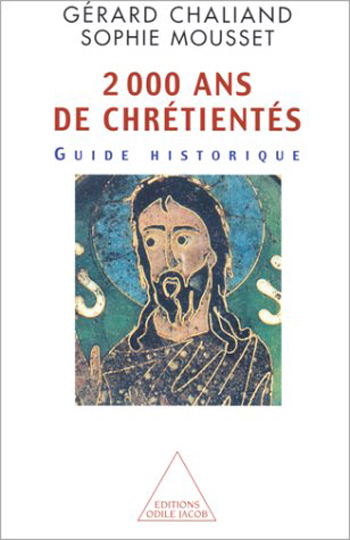
Gérard Chaliand, Sophie Mousset
2000 Years of Christianities A Historical Guide
Two thousand years of Christian thought are reviewed here through some key texts of the Christian tradition...

Nicolas Offenstadt
Shot at Dawn : The Executed of the Great War And the Collective Memory (1914-1999)
Why were some soldiers tried and executed by their own military authorities during World War I? Using previously unpublished source material, the author has been able to throw light on one of the most sombre episodes of the Great War. Besides reviewing the history of the events themselves, the author also examines the struggle with the military authorities to clear the soldiers names, beginning in the period between the two world wars. By the 1960s, the public image of the executed soldiers had begun to change. It would culminate in the British campaign to grant them an official pardon and in the French decision to remember them a ceremony. How, he asks, did these changes come about? Nicolas Offenstadt is a graduate of the Institut des Etudes Politiques, in Paris. He holds an agrégation in history and is a member of the Thiers Foundation.
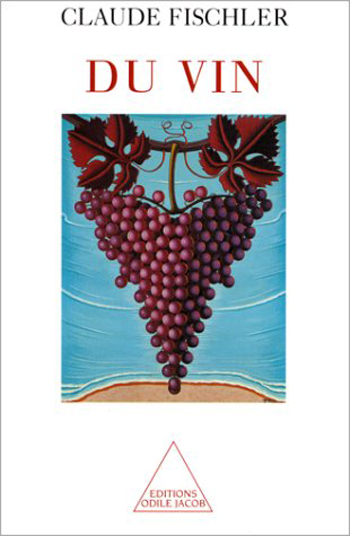
Claude Fischler
Of Wine
The true wine lover is a rare breed. He doesnt pontificate, instead he asks questions and reflects. When faced with a pompous connoisseur he shuts his eyes so he can sip and taste undisturbed. Which of the two categories do you belong to, reader? Are you a true lover of Bordeaux or a connoisseur of burgundy? What is it that you like about wine? Is it the knowledge that surrounds it or the pleasure it affords? Is it the prestige of a label or the authenticity of its origin? What do all these categories really stand for? The mythology of wine is examined and deciphered in loving detail. Claude Fischler is a sociologist and researcher at Frances Centre National de la Recherche Scientifique.

